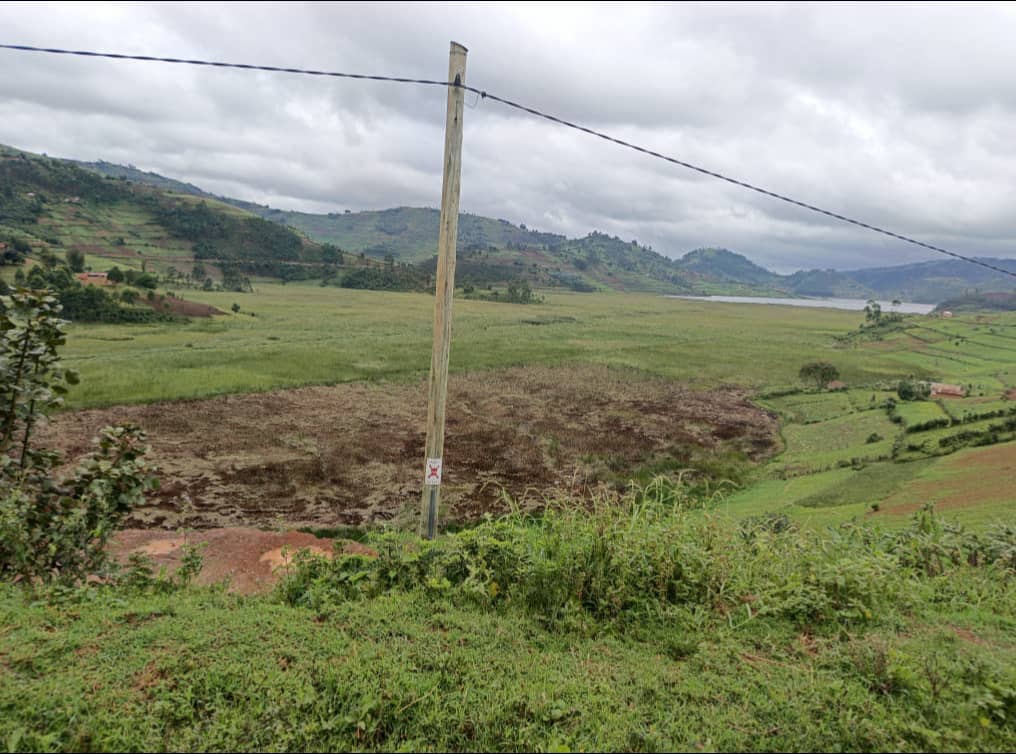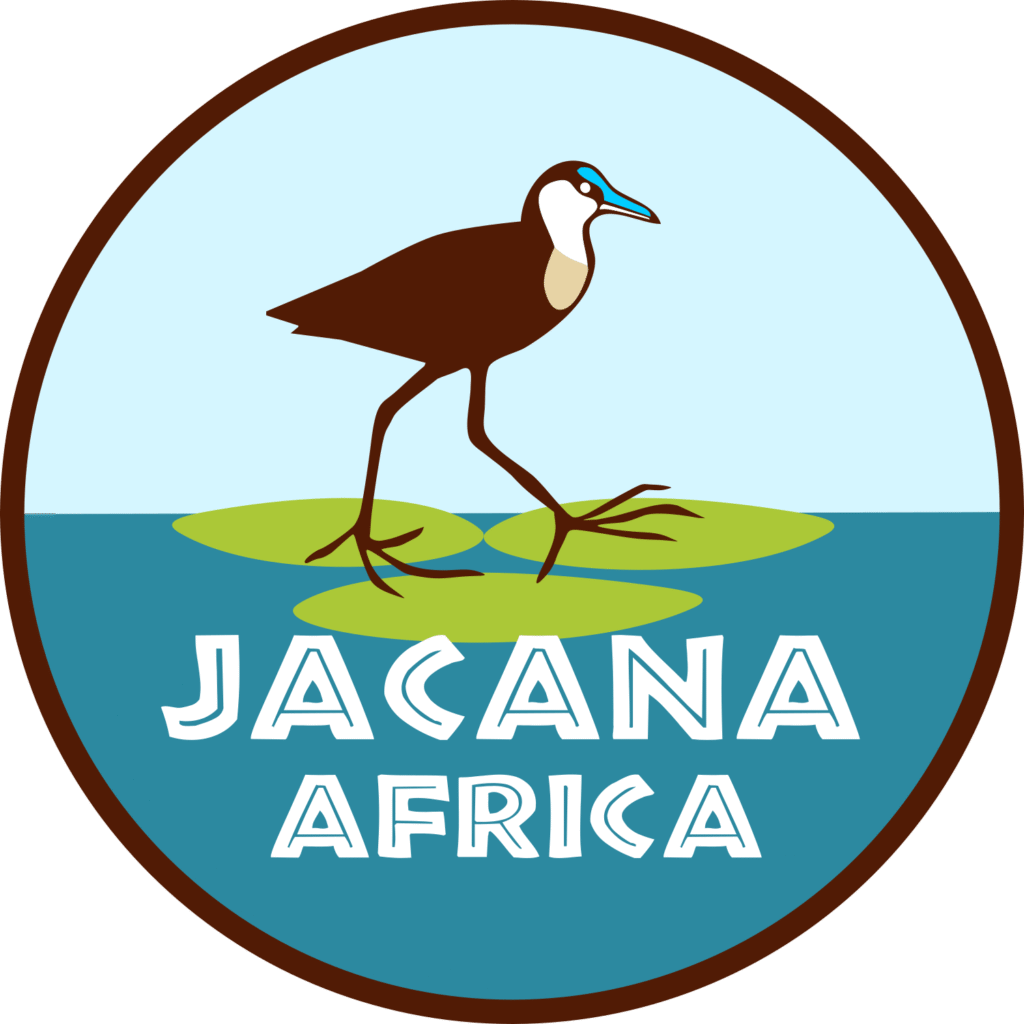Livelihood Skills | Wetland Conservation | Cultural Heritage | Community Development
Justus Muhwezi-Cofounder.
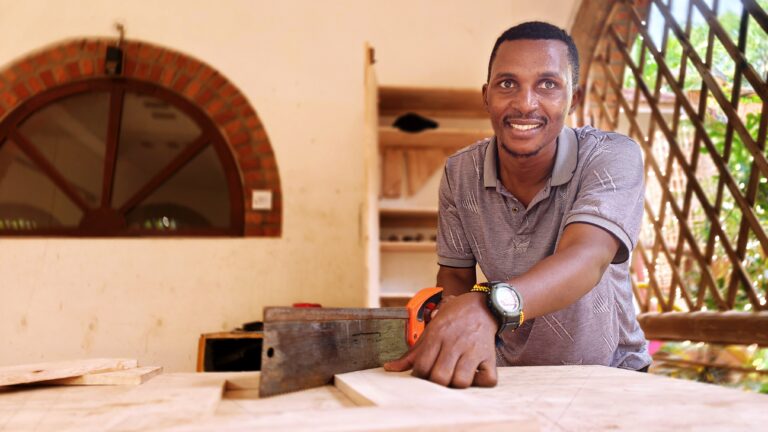
Growing up in Kabale District, southwestern Uganda, Kigezi region. I experienced the harsh reality of generational poverty. I walked 10 kilometers to school on an empty stomach. I watched my siblings and friends drop out, many ending up in early marriages, addiction, and child labor. Those experiences gave me more than scars, they gave me purpose.
After struggling to find employment, I worked in Rwanda and Burundi, where I was inspired by community-driven solutions. I launched my first initiative in 2018, giving piglets to families. It showed me what was possible when people are empowered, but it also taught me how fragile hope is without sustainable systems.
That realization led me to kanthari’s leadership program in India, where I transformed my personal story into a social vision. Out of this came Jacana, a movement that equips school dropouts with skills, confidence, and resilience to rewrite their own futures.
Jacana is a unique colorful bird that walks on water lilies, symbolizing resilience and adaptability. This is exactly what I want for the youth in my community: to become “water walkers,” who overcome challenges and thrive despite obstacles.
I am leading from lived experience. I carry the stories of forgotten youth in my heart, and I refuse to accept that poverty must define their destiny. With Jacana, and with your partnership, we can create a generation that is no longer trapped by circumstances but empowered to thrive.
The Plight of School Dropout in Uganda
Imagine your daughter or sister forced to become a second wife at just 16. This is Ruth’s story, and of many young girls forced to drop out of school.
The rising number of dropouts, mainly due to child labour and early marriage, has left youths in the Kigezi Region without livelihood skills. Many fail to transition from primary to secondary school because of poverty, as families must choose whom to educate.
In Uganda, 45% of primary children and 30% of secondary children drop out. Reasons include hunger, child labour, early pregnancy, domestic violence, orphanhood, menstruation challenges, long distances, and poor parental perceptions. These result in teenage parenthood, drug abuse, generational poverty, prostitution, rape, and low development.
Many families can’t afford school fees or materials. Children are sent home for non-payment; in trying to find money, they drop out completely. Poverty is inherited, especially in rural Kigezi. For girls, early marriage is a leading cause, as parents see daughters as wealth through bride price.
Isaac, 24, from Kabale, came from a poor family of eight. Only two attended school, neither completed. He shifted between nine schools due to unpaid fees. Now he survives on casual labour. His dream of teaching is gone.
Ruth, from Kabale, was the third of five. After Primary Seven she was forced to stop. At 16, she married a 40-year-old man. Now 25, a mother of three, she struggles to survive.
Government campaigns and Universal Primary Education exist, but hidden costs remain. TVET programs and feeding schemes mainly benefit towns. Rural children still suffer.
Constructing schools, and vocational centers, offering adult education can reduce dropouts. Without such solutions, child labour, early marriage, long distances, menstruation encounters, and negative perceptions, the cycle of poverty and exclusion will continue.
Annah Ninsiima-Cofounder
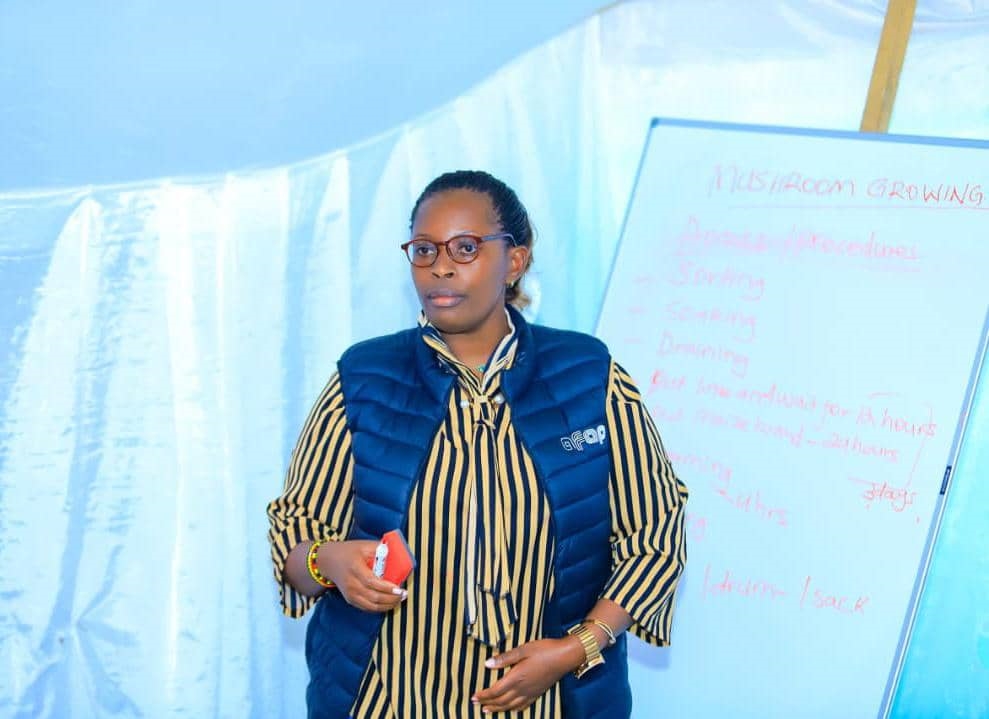
My love for skills made me pursue Food and Nutrition at my secondary level, which ignited my love for hands-on learning.
When I joined college, I advanced into Hotel Management and Catering, a field I embraced with energy and passion. To strengthen my vision, I studied Accounts, blending financial literacy with hospitality.
Today, I find fulfillment in empowering school dropouts and women especially teen mothers with practical skills, ensuring they can build sustainable livelihoods and transform their future with dignity and confidence.
Donate, Partner, Volunteer with us
Your contribution today will do more than fund tools and materials; it will fund transformation. It will turn school dropouts into artisans, breadwinners, and environment protectors.
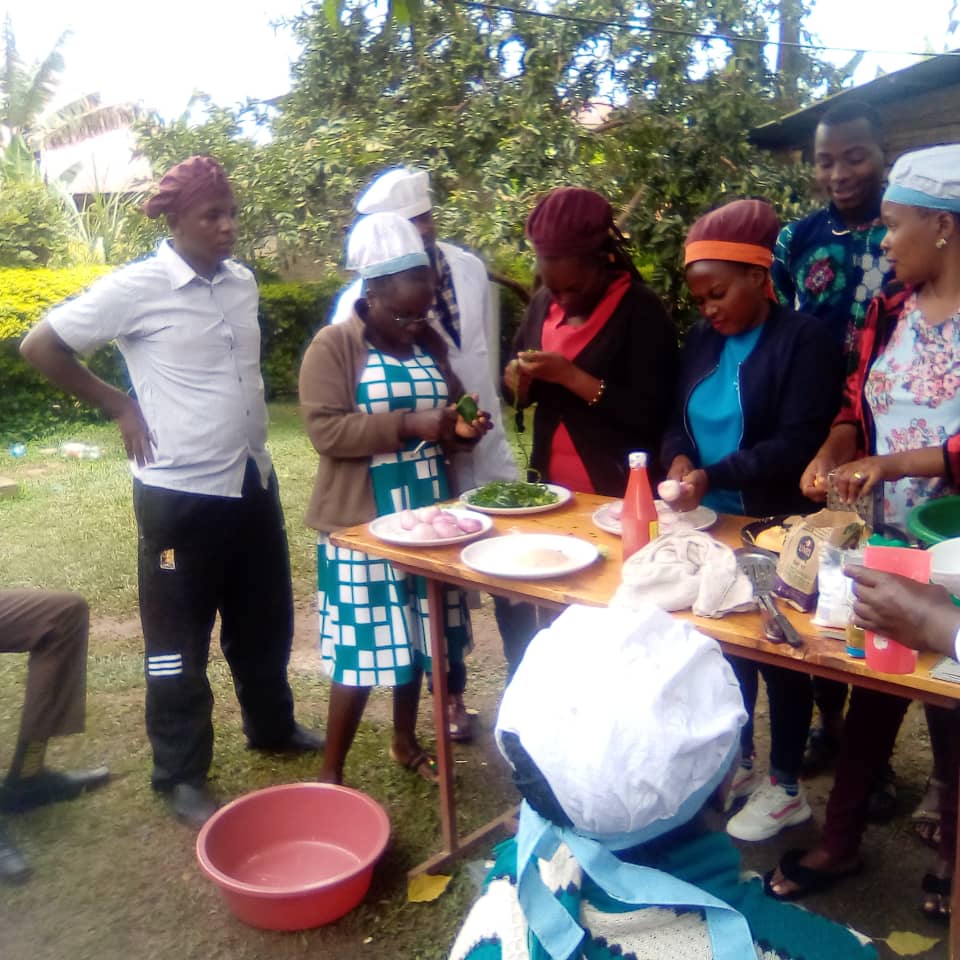
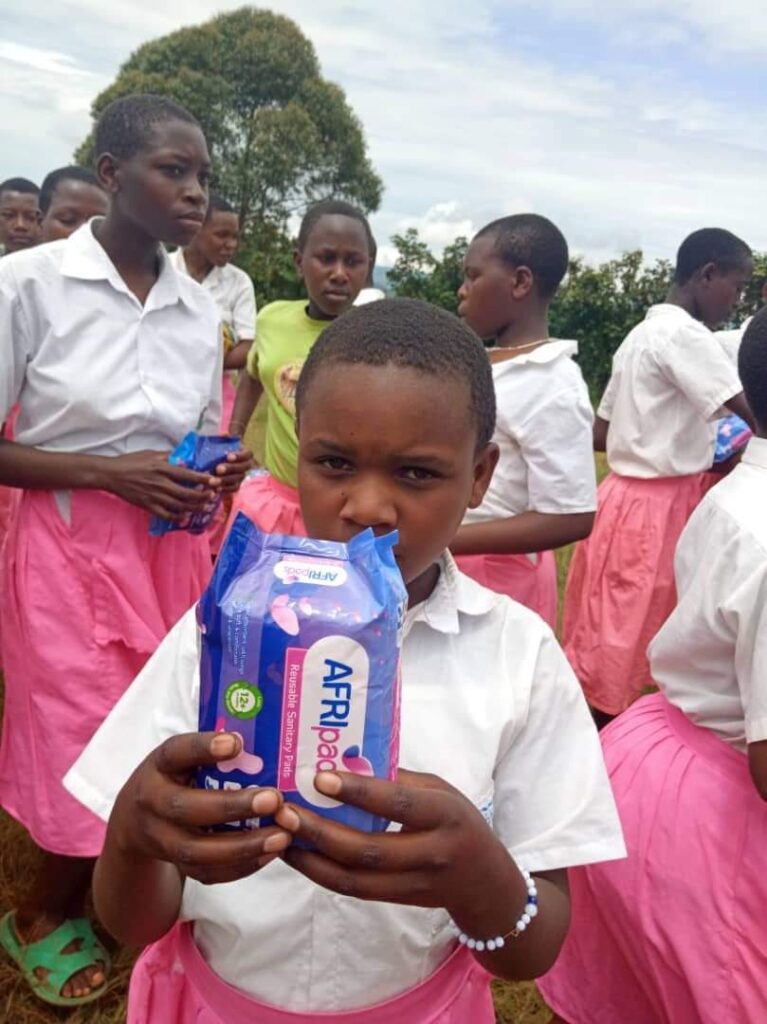
JACANA CONTACT ADDRESS
Murambo Parish, Butanda Sub Country. Kabale District, Uganda on Lake Bunyonyi. Tel: +256773714886 +256702503378 |
Email: info@jacanaafrica.org www.jacanaafrica.org
